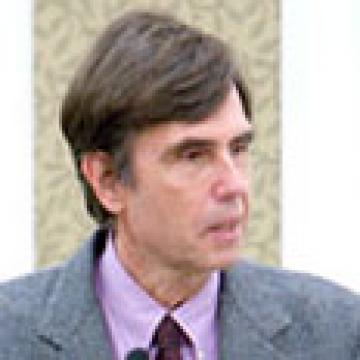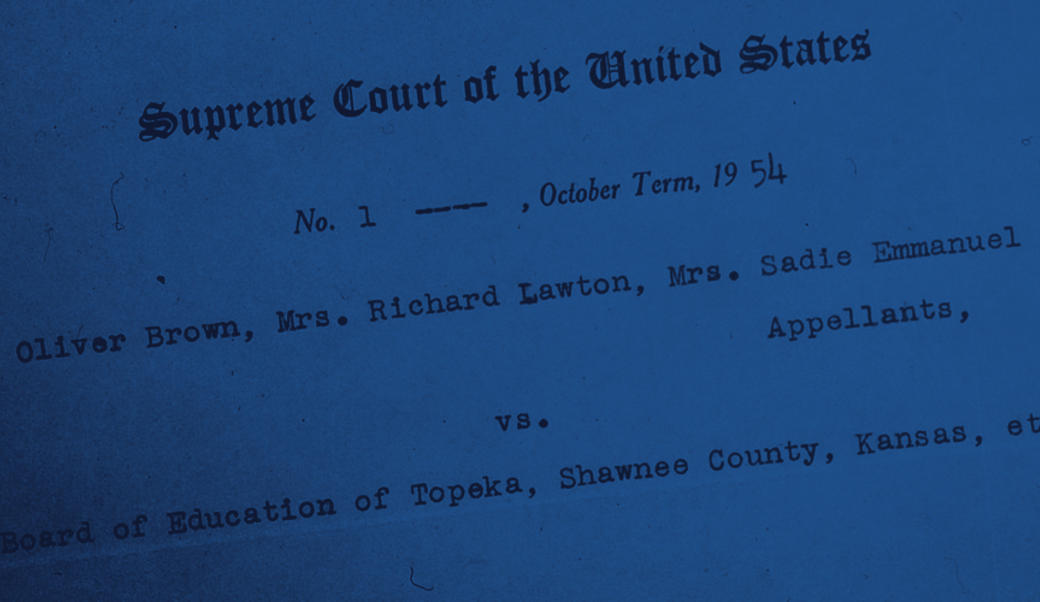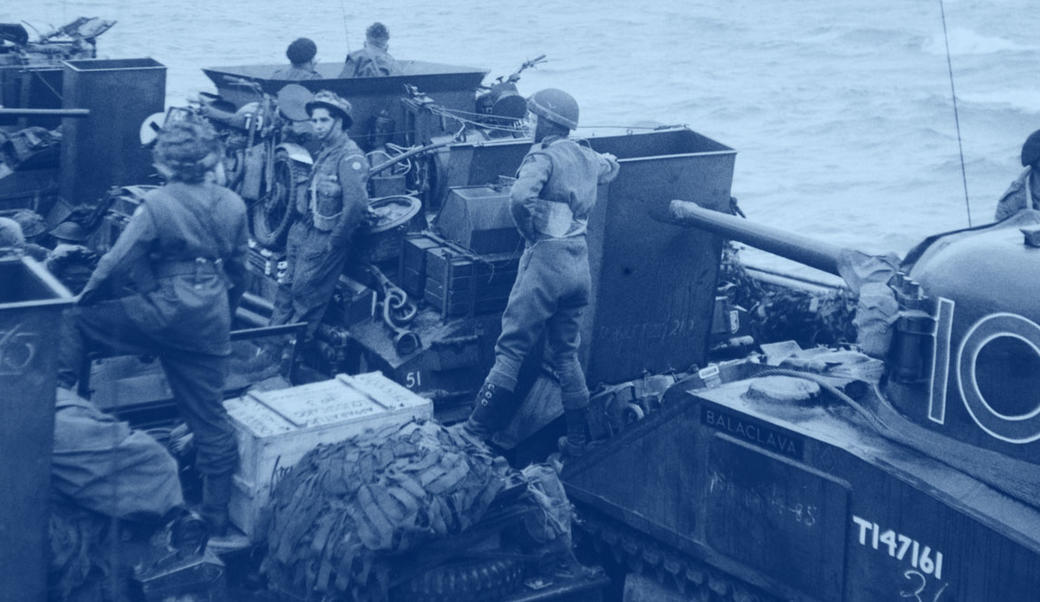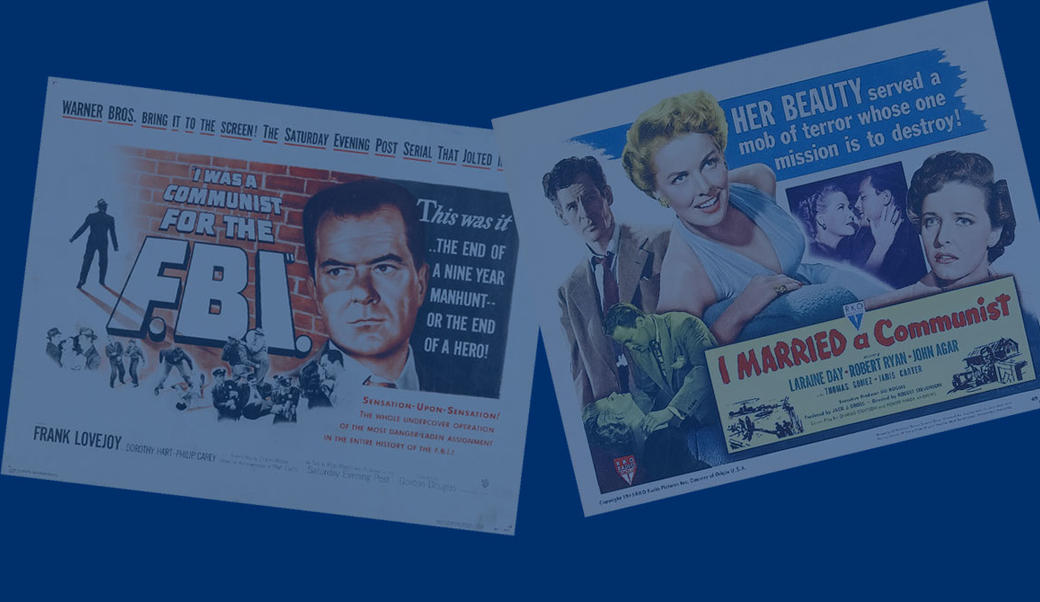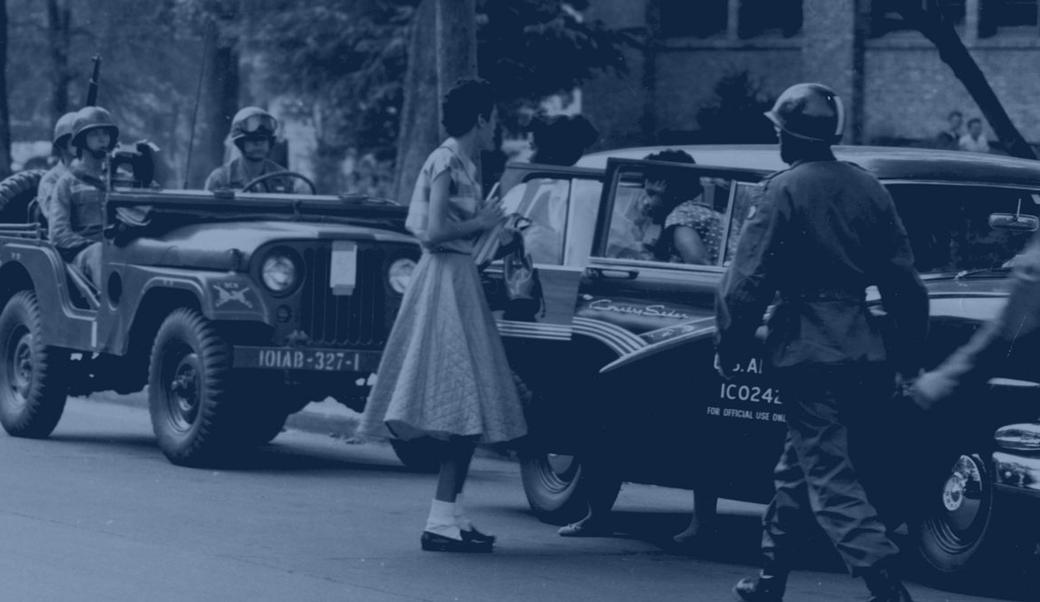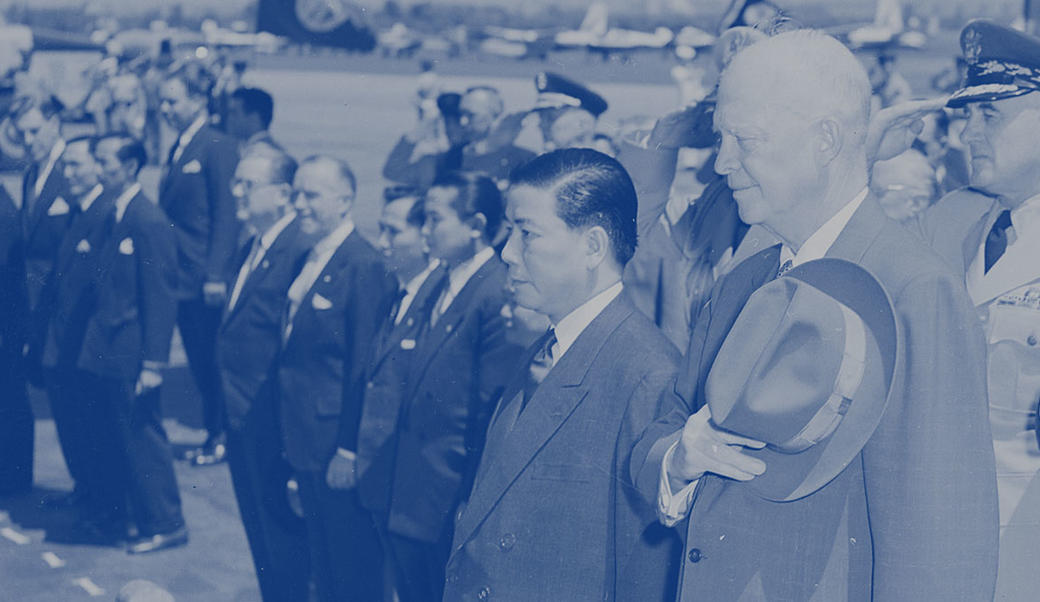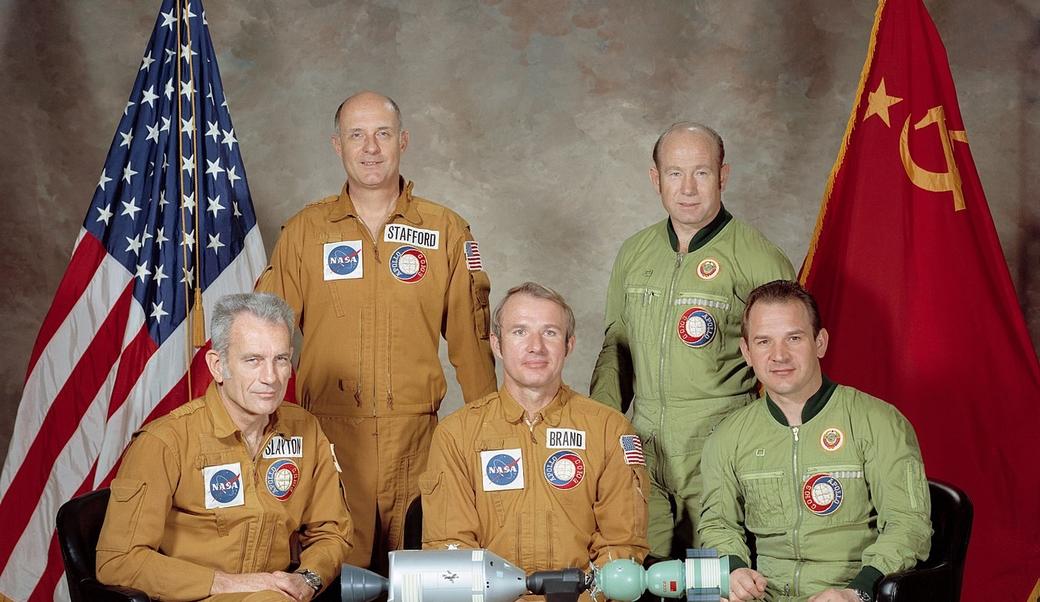Dwight D. Eisenhower: Impact and Legacy
Dwight D. Eisenhower's reputation among historians has changed dramatically in the last five decades. A poll of prominent historians in 1962 placed Eisenhower 22nd among Presidents, a barely average chief executive who was as successful as Chester A. Arthur and a notch better than Andrew Johnson. Two decades later, his ranking had moved up to 11th, and by 1994, he placed 8th, the same position he held in a C-SPAN poll of presidential historians in 2009. Among Presidents who held office in the last 75 years, he ranked behind only Franklin D. Roosevelt and Harry S. Truman.
Eisenhower's reputation has changed as more records and papers have become available to study his presidency. Contemporaries remembered Eisenhower's frequent golfing and fishing trips and wondered whether he was leaving most of the business of government to White House assistants. They also listened to his meandering, garbled answers to questions at press conferences and wondered whether he grasped issues and had clear ideas about how to deal with them. Previously closed records that started to become available at the Eisenhower Library in Abilene, Kansas, in the 1970s revealed that the President had thoughtful views about most major issues and frequently took an active role in discussing them with the cabinet or at meetings of the National Security Council. Historians now appreciate that Eisenhower recognized the political advantages of working behind the scenes to deal with controversial issues, using his "hidden hand" to guide policy while allowing subordinates to take any credit—as well as the political heat.
While critics in the 1950s scorned Eisenhower as a "do-nothing" President, historians in the 21st century sometimes praise him for not taking action. Eisenhower did not lead the country into war, although he might have chosen to do so in Indochina in 1954. He negotiated an armistice in the Korean War only six months after taking office. For the rest of his presidency, peace prevailed, even if at times Cold War tensions were high. Eisenhower also did not adopt policies that jeopardized the strong economic growth during the 1950s, and he made decisions that stimulated the economy, such as supporting the construction of the Interstate Highway System. Although national security spending was high during the Eisenhower years, the President did not give in to temptations to spend even more. After the Soviets launched the world's first artificial satellite, Sputnik, on October 4, 1957, Eisenhower resisted panicked public demands for huge increases in military spending since he knew that the nation's defenses remained strong. He insisted that he would not spend one penny less than was necessary to maintain national security—nor one penny more.
Although Eisenhower now gets credit he deserves for preserving peace and prosperity, historians have not overlooked the limit of his achievements. His "hidden hand" eventually helped push Senator Joseph R. McCarthy out of the national spotlight, but Eisenhower's unwillingness to confront McCarthy directly allowed the senator to continue to abuse his power and sully the reputations of those he wrongfully accused. Despite some significant actions to advance civil rights, Eisenhower remained a gradualist who firmly believed that changes in individual hearts and minds more than the passage of laws would eliminate racial barriers. Despite this conviction, Eisenhower did not try to change contemporary thinking about racial issues by speaking out in favor of civil rights. He did take actions to end racial segregation, but he was unwilling to use his moral authority as President to advance the most important movement for social justice of the 20th century.
Although he avoided war, Eisenhower did not achieve the peace he desired. He hoped for détente with the Soviet Union but instead left to his successor an intensified Cold War. He was unable to secure a test-ban treaty, which he hoped would be an important part of his legacy. The covert interventions he authorized in Iran and Guatemala yielded short-term success but contributed to long-term instability.
Eisenhower, in short, achieved both important successes, but he sometimes fell short of his most cherished objectives. He left office a popular President, and his stature has grown with the passage of time.
